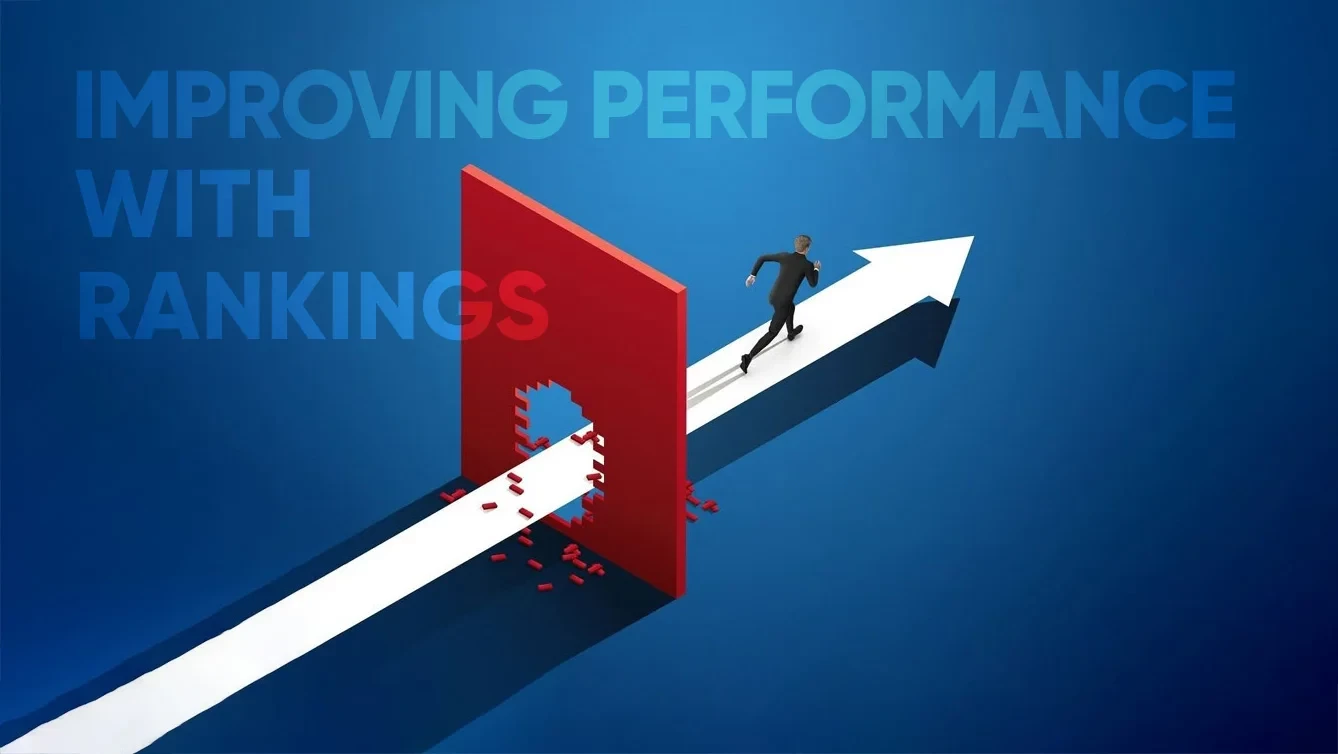Organizations operating in London's digital marketplace require mastery of technical SEO to gain internet visibility against growing market competition. Websites that follow best optimization practices achieve enhanced search engine positions in addition to better user-facing interface and higher conversion success. This guide shows businesses how to properly execute technical SEO elements which serve to improve site performance while maximizing search rankings.



Organizations operating in London's digital marketplace require mastery of technical SEO to gain internet visibility against growing market competition. Websites that follow best optimization practices achieve enhanced search engine positions in addition to better user-facing interface and higher conversion success. This guide shows businesses how to properly execute technical SEO elements which serve to improve site performance while maximizing search rankings.
A website must undergo technical SEO optimisation to enhance search engine crawling, along with indexing and ranking efficiency. Technical SEO differs from both on-page and off-page SEO because it concentrates on optimising website foundations to enhance the entire system's performance. Partnering with an SEO company in London UK can help businesses grow by implementing these strategies.
The speed at which a website loads produces adverse effects on both user satisfaction and Website rating in search engines. The performance speed of pages is an essential SEO factor for search engines according to Google standards which makes London businesses need to guarantee rapid website loading times.
How to Improve Website Speed:
Google now indexes websites through mobile-first methods because mobile devices contribute to more than half of present-day web traffic worldwide. Google will lower your website rankings if you do not optimize it for mobile access.
Best Practices for Mobile Optimisation:
The encryption status of your website makes security a primary ranking determinant which compels Google to favor HTTPS-secured pages. An SSL certificate protects website-user data by securing its exchange during transactions.
Steps to Secure Your Website:
An XML sitemap acts as a roadmap for search engines, guiding them through your website’s structure. It ensures all important pages are indexed correctly.
How to Optimise Your XML Sitemap:
The robots.txt file helps manage how search engines crawl your site. Misconfigurations can lead to crucial pages being blocked from indexing.
Best Practices for Robots.txt:
Schema markup helps search engines understand the content better and can enhance search results with rich snippets, improving click-through rates.
Common Schema Markups:
Duplicate content can confuse search engines and impact rankings. Canonical tags indicate the preferred version of a webpage, preventing content duplication issues.
How to Implement Canonical Tags:
Top SEO companies in London suggest utilising a clean and SEO-friendly URL structure to improve navigation and enhance user experience.
Best Practices for URL Optimisation:
Broken links can harm user experience and SEO. Conduct regular audits to identify and fix these issues.
Ways to Fix Broken Links:
Google allocates a crawl budget, determining how often it crawls your site. Optimising this ensures important pages get indexed faster.
How to Optimise Crawl Budget:

Mastering technical SEO is crucial for businesses in London aiming to enhance website performance and boost rankings. By focusing on aspects such as speed, security, mobile-friendliness, and structured data, you can create an optimised website that search engines favour. Regular SEO audits and updates will ensure your site remains competitive in the evolving digital landscape.
For expert assistance in technical SEO, get in touch with 88gravity, the top seo company in London, helping businesses stay ahead in the SEO game!




Frequently Asked Questions
We strive to provide an exceptional quality of service to clients.
FAQs will be updated soon

